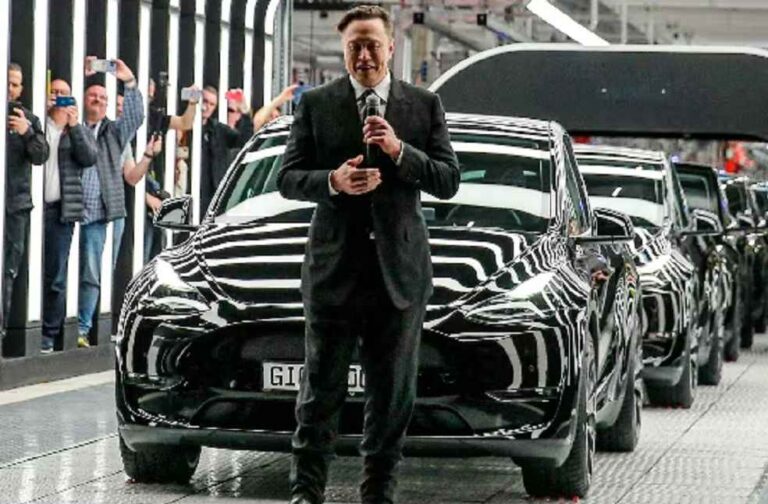Tesla CEO Elon Musk announced during an investor call on Tuesday that he will reduce his involvement with the Trump administration’s Department of Government Efficiency (DOGE) starting in May, following a sharp decline in Tesla’s financial performance.
Tesla reported a 71% drop in first-quarter profits, a downturn linked in part to public boycotts over Musk’s government role. The company’s stock has also taken a hit, falling more than 40% since the start of the year.
Last year, Tesla saw a slight rise in revenue, up by 1% to almost $97.7 billion. Despite the Model Y becoming the top-selling vehicle, the company’s first-quarter earnings for 2025 fell short of expectations, as both net income and gross profit declined. The downturn was partly due to lower average selling prices and intensifying competition in the electric vehicle market.

Musk has been serving as a ‘special government employee’ under DOGE—a position limited to 130 days of service annually. With the Trump administration nearing that threshold by the end of May, Musk indicated he will step back from DOGE duties to refocus on Tesla.
DOGE, established by the Trump administration to streamline federal spending, claims to have saved the government billions. However, many of these savings have been disputed. The department’s cost-cutting measures have led to widespread job losses across multiple agencies, including the complete closure of some, such as the U.S. Agency for International Development (USAID).

Criticism has mounted over the layoffs, especially in regulatory bodies like the National Highway Traffic Safety Administration and the Securities and Exchange Commission, both of which oversee Tesla’s operations. These developments have raised concerns about conflicts of interest and ethical standards.
As Musk shifts focus back to Tesla amid falling profits and mounting scrutiny, questions persist about the intersection of business influence and public policy.
GENERAL | Tesla Delays Launch of Low-Cost Model Y Version to Late 2025





